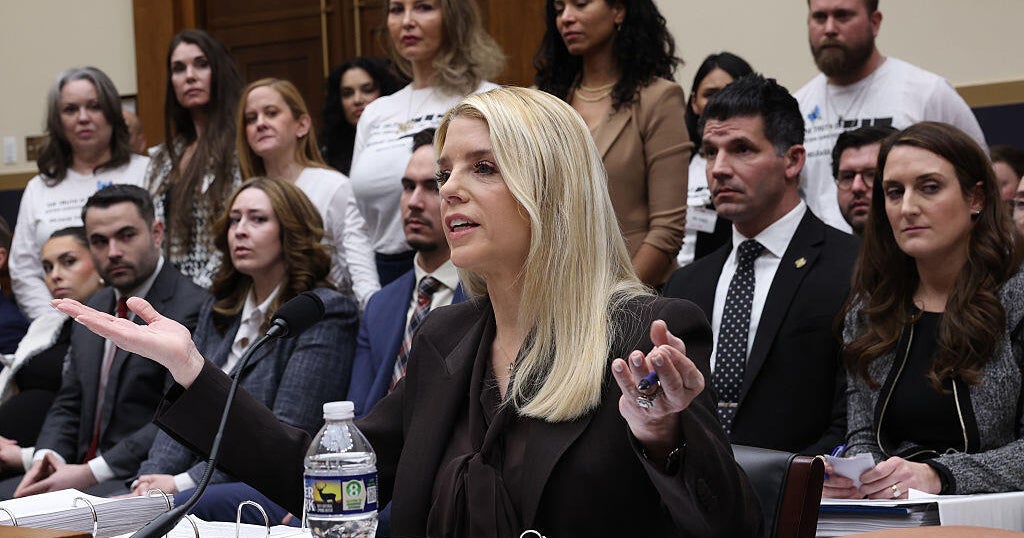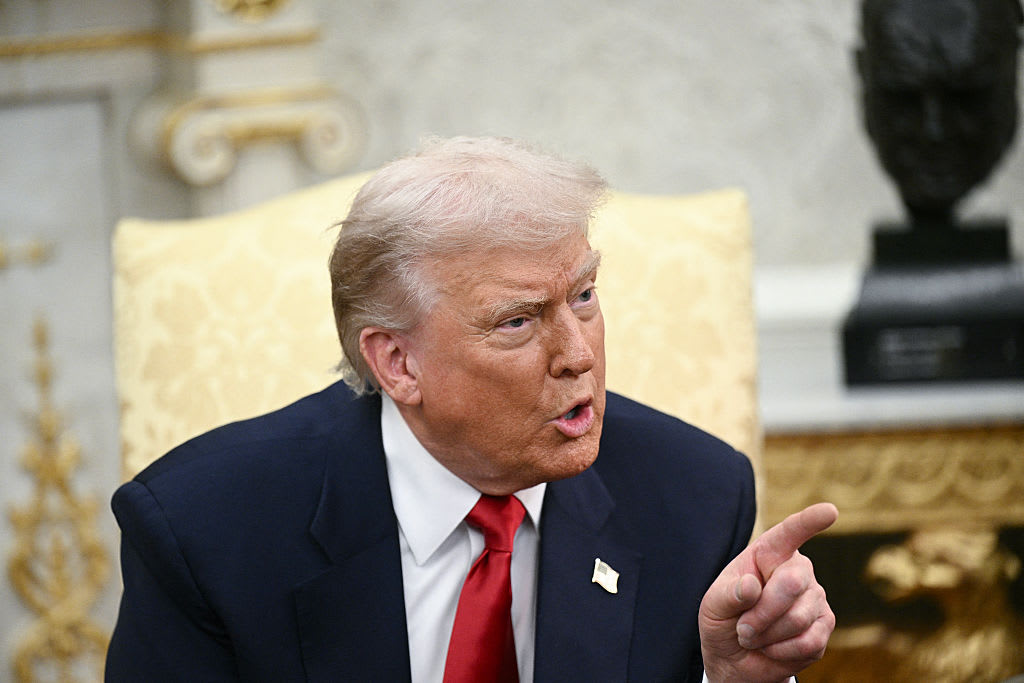Steve Bannon claims he didn't "willfully" commit a crime in defying congressional subpoenas
Washington – Steven Bannon, the former chief White House strategist for Donald Trump who has been charged with criminal contempt of Congress, issued a court filing Friday that argues he's not guilty because he was heeding the advice of his lawyers and did not know he was committing a crime.
The charges stem from his refusal to testify and provide documents to the House committee investigating the January 6 assault on the U.S. Capitol. His lawyers advised him not to show up for his interview with congressional staff or turn over the requested material because former President Trump wanted to claim executive privilege. On January 6, 2021, Bannon was not employed by the White House — and hadn't been since 2017.
"Reliance on advice of counsel fundamentally negates guilt," defense attorneys wrote Friday, offering a potential preview of their arguments for Bannon's defense at trial, which is currently set for July.
The government's attorneys have sought to exclude material related to this line of reasoning from the case because they say Bannon's lawyers gave him "erroneous" legal advice, and his decision to heed it does not exonerate him.
The House voted in October to hold Bannon in contempt after his refusal to appear before the committee and turn over documents and referred the matter to the Justice Department. Bannon was then indicted in November by a federal grand jury for criminal contempt of Congress for his failure to comply with the subpoenas.
Prosecutors say Bannon received "erroneous" legal advice to defy the subpoenas and have asked the federal judge overseeing Bannon's case to prevent him from defending his inaction by claiming his attorney and Trump's told him not to comply.
Costello's legal advice was flawed, prosecutors stated in court filings, so Bannon's failure to comply, based on that advice, broke the law.
Bannon's "purported reliance on his counsel's erroneous advice otherwise is no defense to the crime charged," prosecutors wrote. Therefore, they added, arguments and evidence in support of that should not be allowed in Bannon's trial.
"The deliberate failure to comply with a congressional subpoena—regardless of motivation—constitutes the crime of contempt."
But Bannon's attorneys argue the legal guidance was "sound" and the defense is valid.
"Mr. Costello advised Mr. Bannon that he did not have the ability to waive executive privilege and he did not have the ability to discern what documents or communications were privileged, since that authority belonged to former President Trump," Friday's filing asserts, so the decision was not a willful violation of law, but an action taken at the direction of counsel.
They also allege Bannon's attorney engaged with both the House select committee and federal prosecutors to argue his client did not intend to break the law, but follow the advice of his attorneys and those of former President Trump.
The U.S. Attorney's Office in Washington, D.C. does not comment beyond statements made in court filings and hearings.
Multiple federal courts including the Supreme Court have since rejected Trump's claim of executive privilege, ruling that executive privilege rights are the domain of the sitting president, not the former. That is, President Biden may exercise executive privilege. Trump may not.
Bannon's attorneys wrote Friday that Costello asked the House committee to delay proceedings while the executive privilege question made its way through the courts, but the committee refused.
The November indictment out of the U.S. attorney's office in Washington, D.C. alleges that Bannon "made no substantive submission for the Select Committee's deliberations, did not produce documents and communications, did not provide a log of withheld records, did not certify that he had conducted a diligent search for responsive records, did not appear for a deposition, and did not comply with the subpoena in any way."
He is so far the only person to be charged for refusing to appear before the House committee, which has subpoenaed other top Trump aides, including former senior adviser Stephen Miller and former press secretary Kayleigh McEnany.
The House has also referred former Trump White House chief of staff Mark Meadows to the Justice Department for criminal contempt of Congress after he, too, refused to appear for a deposition in December. He has since sued the committee to nullify subpoenas for his testimony and phone records.
The January 6 select committee was created by House Speaker Nancy Pelosi last year to investigate the attack, when thousands of Trump supporters rioted in the U.S. Capitol, as Congress and Vice President Mike Pence gathered to count the electoral votes, a largely ceremonial final step affirming Mr. Biden's victory. Lawmakers were forced to flee during the melee, which resulted in the deaths of five people and the arrests of hundreds more. Trump, who encouraged his supporters to "walk over" to the Capitol during the "Stop the Steal rally," was impeached by the House one week later for inciting the riot and later acquitted by the Senate.



